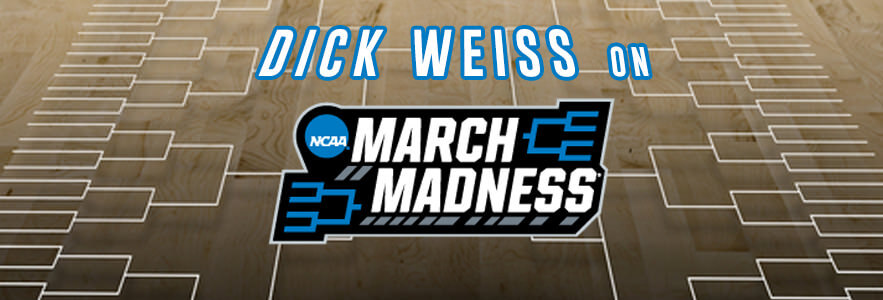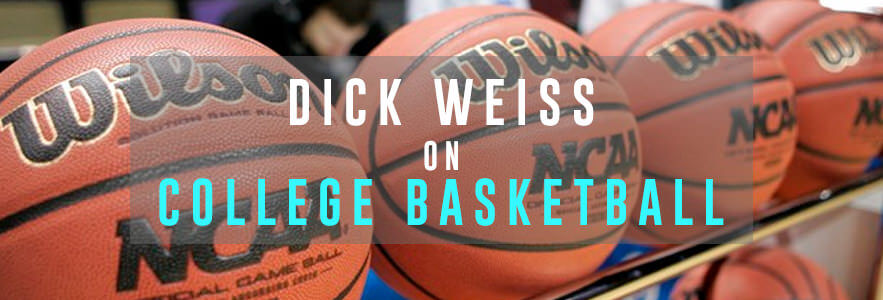At one point in his life, Eric Armstrong couldn’t imagine he would coach girls basketball, much less run a club program devoted to said sport. But things changed about a decade ago.
“I coached boys basketball at Thornton (High School in Chicago) and I enjoyed it,” Armstrong said. “I never had any intentions – wasn’t even interested in girls basketball at all, to be honest with you.”
But then he took a step back and observed the landscape around him. “I realized,” he said, “for a lot of these young ladies, they were not having the opportunities to go to college.”
So Armstrong had a conversation with former Thornton basketball star and NFL football player Tai Streets about starting a girls companion club to the Meanstreets boys operation that Streets spearheaded. Soon, the Lady Meanstreets were born, and Armstrong was the director.
They started from scratch in 2010, banking on Streets’ credibility and a desire to help girls get the most out of their future.
“When we first got started, being a new group, it was very difficult because we didn’t have an established reputation,” Armstrong said. “But the name Meanstreets was a tremendous help because a lot of people knew about the boys side of the program.”
Armstrong and a small cadre of coaches began “beating the streets,” he said, no pun intended, in search of prospective players. “We were at park districts, we were at local parks,” he said. At one three-day stretch they watched games in Chicago, St. Louis, Champaign and back to Chicago.
“That was the type of energy that we were putting in to build the program,” Armstrong said.
He would soon learn a lesson that can only be described as disheartening.
“You assume everyone is in it to help the kids. But then you start realizing some people have their own ulterior motives. Some people are more concerned with benefitting themselves,” he said. “Some people have no interest in the kids outside of what they’re doing for their programs. They don’t have a genuine concern about the kids’ overall welfare and what type of person they’re helping to prepare for society. It opens your eyes to certain things.
“Even with some of the people who runs tournaments and things like that. Some people are doing it strictly for financial purposes. And that’s one of the reasons I really gravitated toward Chris (Mennig, USJN director) because obviously we were an unknown entity. When I contacted Chris just to ask some questions, he didn’t know me from anybody but he took the time to talk with me and explained a lot of things to me. He really took a lot of time for me, which he wasn’t obligated to do.”
Armstrong was introduced to Chicago Hoops Express director Jerald Davis who “has really been like a mentor to me in many ways.” All along, he needed no guidance with one overriding principle: Always do right by the kids.
“We have social services that we’re connected with, we have mentors, and we have tutors. We have legal advocacy for kids who may find themselves in bad situations,” said Armstrong, whose full-time job is police sergeant.
“The thing I stress to parents is we need to find the right fit for YOUR kid. Your path may not be the same as this other person’s path. But if you just stay the course and do the things you need to do, you can still have the same outcome, and sometimes a better outcome.”
Armstrong has had plenty of players find their appropriate spot on college programs, and he no doubt has more in the pipeline. Among Meanstreets’ five teams are a variety of players who will play at the next level.
Among them: freshmen Kameron Jones, Jayla Dixon and Jayda Bowen, all starring at Crete Monee High. “Those three freshmen have been thrown into the fire,” Armstrong said. “They had a lot of weight on their shoulders.”
His 17u team last summer went “18-1 or something like that,” using a core of Jaliyah McCain, Alyshea Smith and Trinity Thompson. McCain has been recruited by “a few mid-majors,” he said. Thompson ‘played up’ last year at the high age level, which pushed her to improve her game. “By the time we got to July she was starting for us,” Armstrong said of the 2021 product.
Two players have drawn special attention: 6-1 2020 product Fantasia Baines and 5-8 2022 guard Nayo Lear. Of Baines, Armstrong said, “High motor kid. Very athletic, probably one of the best players in the open court in the state. Gets up and down the floor like gazelle. She’s knocking down perimeter shots, she has a very unique ability to get to the rim. Being recruited by a lot of schools between high level D1 to mid majors. She verbally committed to Illinois State.”
Lear is a special talent with an impressive ability to get to the rim.
“Starting point guard for me in the summer as an eighth grader,” Armstrong said. “She has uncanny ball handling ability and she sees the floor very well. She sees plays before they happen. Being recruited by a plethora of power 5 schools, mid majors. With Nayo, she is a streak-type shooter. But what I would like to see her get better at is having a quicker release. As she moves up the ladder her release is going to need to become quicker. Her family really pushes her to be a student athlete. Student first, athlete second.”
Looking back on his unlikely journey, Armstrong offers a simple message: “I would like to thank all the parents over the years for entrusting us with the development of their children.”
Tony Bleill is in his seventh year as a columnist for Blue Star Media. He previously spent 13 years as the Illinois women’s basketball beat writer for the Champaign News-Gazette. He lives with his wife and three daughters in Illinois.






